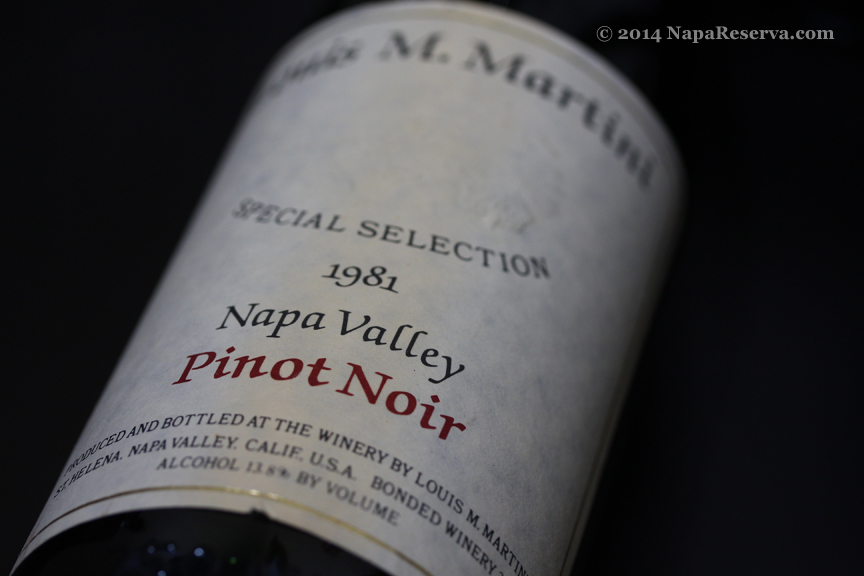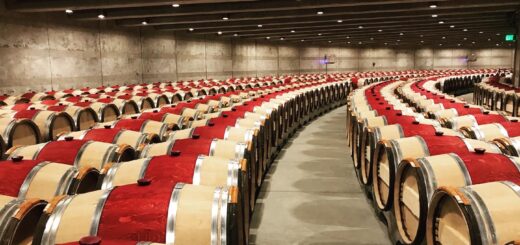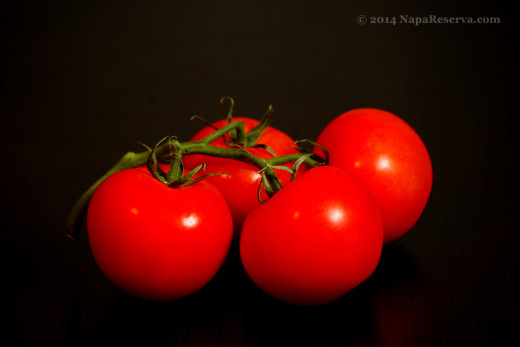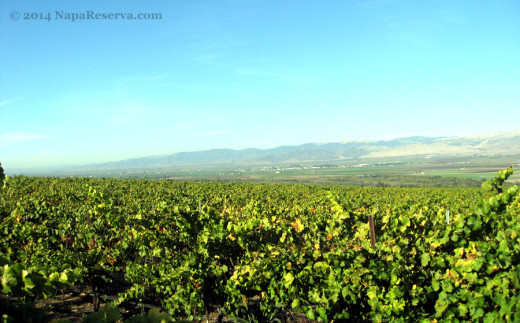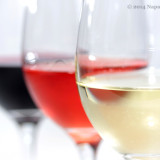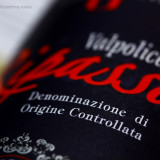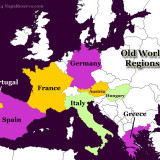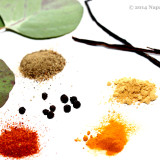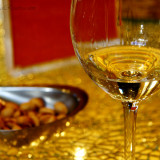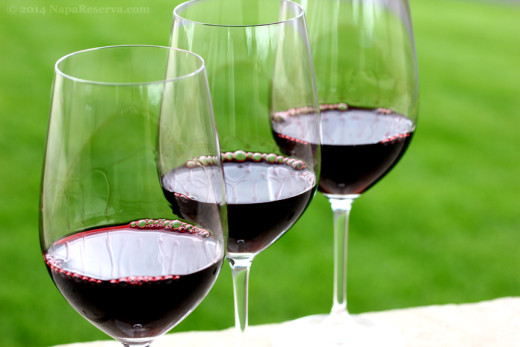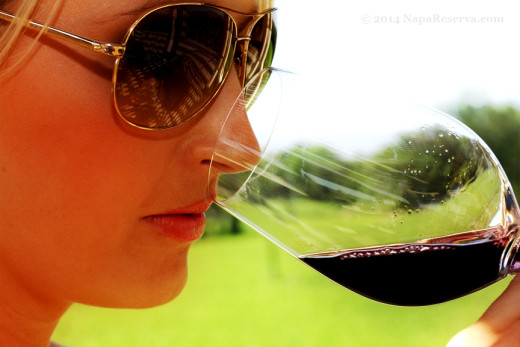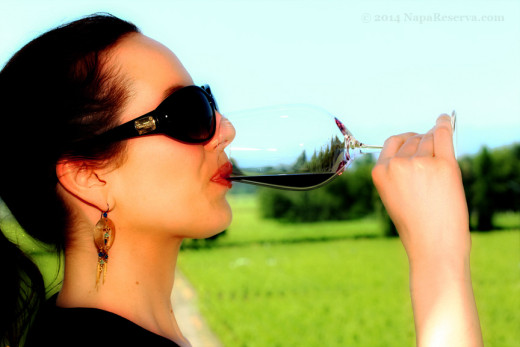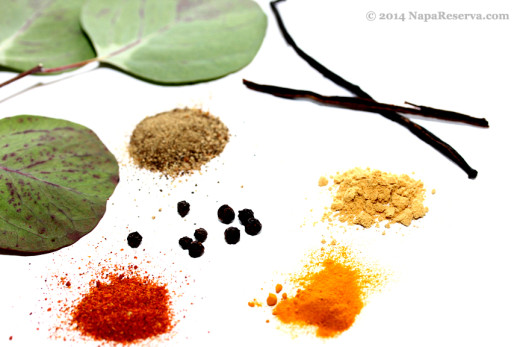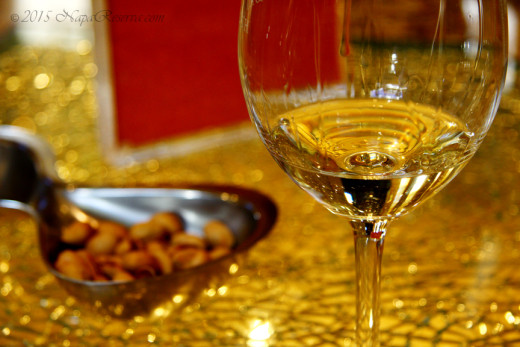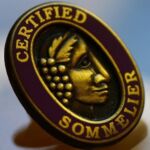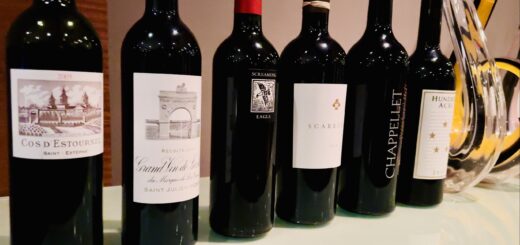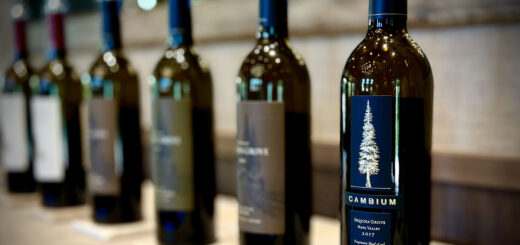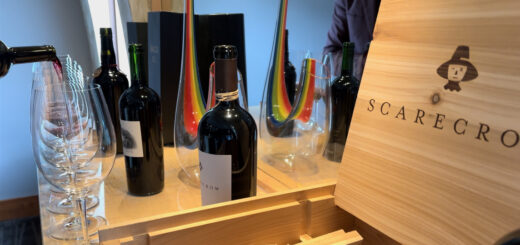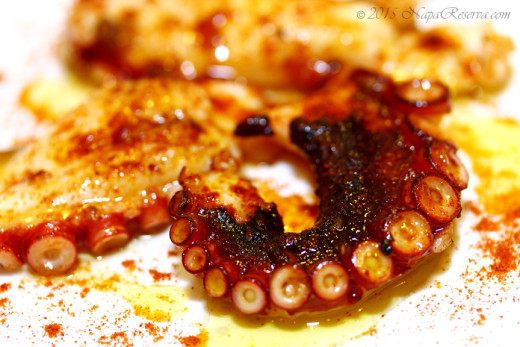Wines get better with age, is that true?
Younger wines were more expensive
Couple of hundreds of years ago, before the age of glass bottles and corks, lack of technology and understanding of oxidation, wine never had good shelf-life and most were made to be drunk rather young. In fact, younger wines were more expensive because they were fresher containing more pronounced flavor profiles, such as fruit, oak, herbs, etc. These fresh wines were only available within the area where they were made. When wines were transported to distanced regions, most will oxidize or will be fortified with brandy for better preservation. Nowadays, an oxidized wine would likely be sent back or disposed of; back then, that was as good as any wine.
Glass bottles and Corks
Since the invention of glass bottles and corks, wine immediately had better shelf-life. When a wine was aged, very small amount of oxygen seeped through its cork over a long period of time, this triggered chemical changes in the wine and for some, turned them into better wine with improved complexity, softer tannins and overall more enjoyable. Aging wine then became a common practice.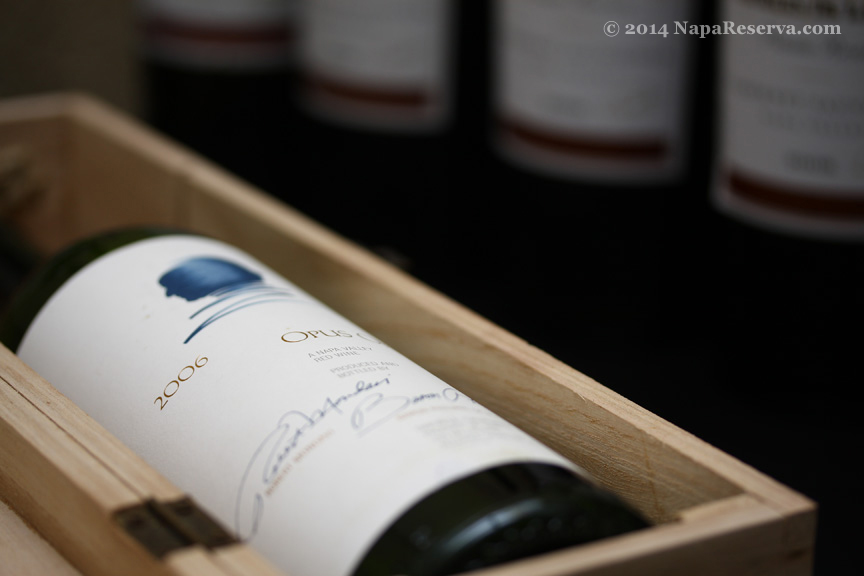
Wines get better with age?
If the answer is yes, then it is only right about 8% of the time. Even after the invention of glass bottles and corks, wines definitely can sit for longer time without oxidation taking the life out of it. However, most wines are still meant for early consumption, within 5 years or less for white wines, and within 7 years or less for red wines.
Only for a small number of wines will indeed improve after long period of aging. Worthy of aging, such wines usually have very dominant structure and are well balanced. Tannins are also a great preservative in wines, along with acidity and sugar. When conditions are right, some of these could last as long as 30-40 years. That is only inside the bottle. The cellar where these wine age in will also have to be in the right condition.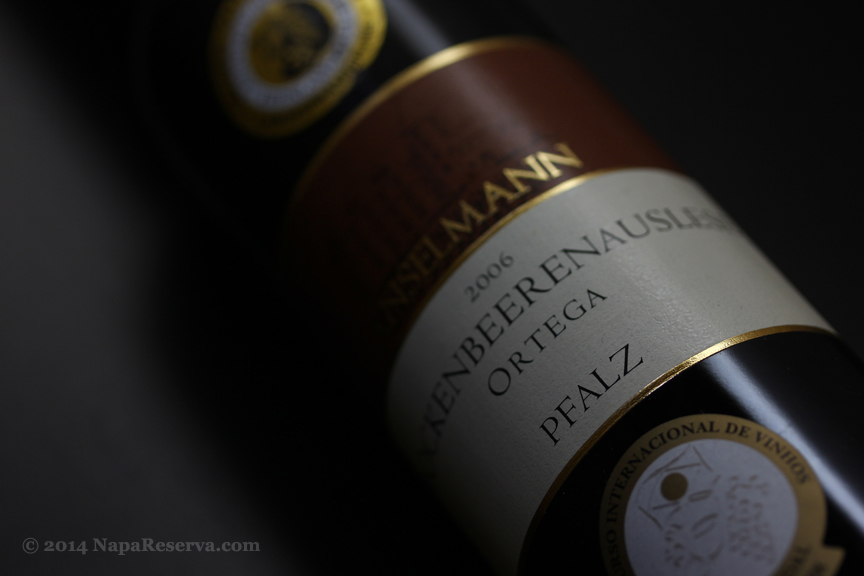
1. Cool cellar, 65 F degree or less. Some places age their wines in caves for this very reason, regardless of outside temperature, inside caves, temperature hovers around the 50s.
2. Dry cellar -moisture attracts mold, which can grow on wine corks and will eventually taint the wine.
3. Dark -sunlight can literally cook the wine while inside the bottle.
If you have heard of this famous wine quote: “Men are like wines, they get better with age.” That is only true 8% of the time. After reading this article, it should be more like: “Men are like wine, most turned into vinegar but the best improve with age.” -Pope John XXIII.

